
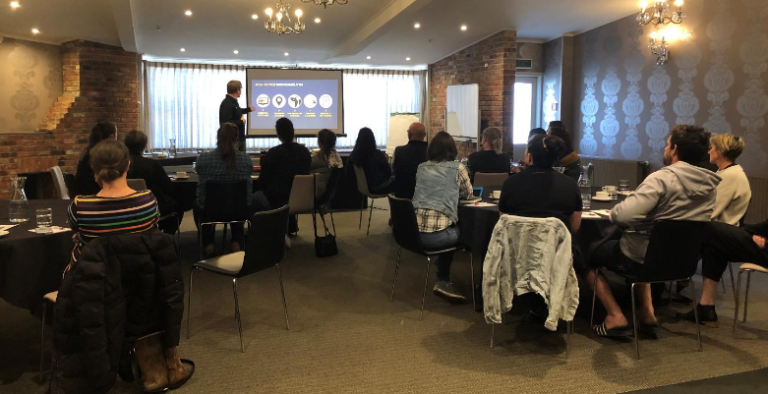
Our Rural professionals – Are we supporting the people who support our farmers?
Our rural community is isolated and mental health can be an issue for our industry. Are we ensuring that we are supporting the mental health of the people that are there to support our farmers?
That is what this report aims to find out, to understand the current mental health state of the RP workforce, the specific factors driving poor mental health and the access and use of MH services for our RP’s.
This report undertook a survey of 184 Rural professionals across the RP landscape, asking a range of questions to gain a quantitative analysis into their mental health and that of their workplace.

Generation Z and the environment – how can we use their passion to attract them into food and fibre sector careers?
The influence of Gen Z on the workforce is only beginning and will continue to grow. This generation is very different to those before and define themselves by their values and identity. The defining issue of this generation will be climate change and the environment. In New Zealand, agriculture is the largest emitter of greenhouse gases. This could be viewed as a problem to attracting Gen Z into the sector. At the same time the sector is being asked and is actively looking to understand how it can improve its environmental impact.
This research has focused on how we can use Gen Z’s passion about the environment to attract them into the sector. The sector needs skilled and passionate people to meet the challenges it faces.
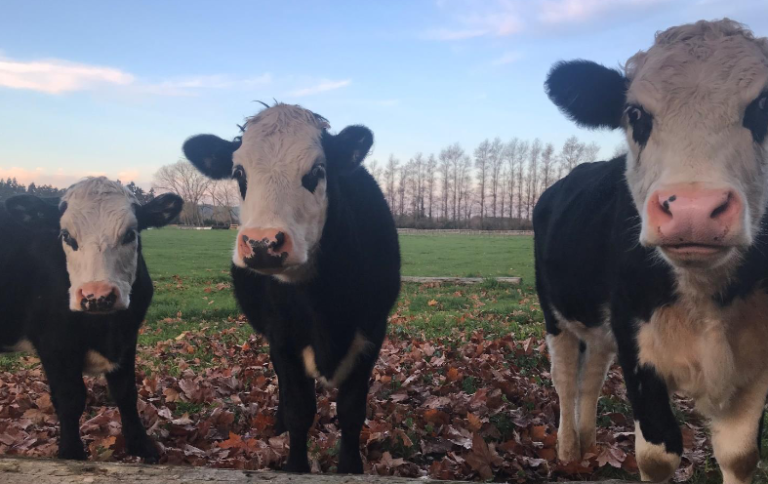
Is New Zealand prepared for foot and mouth disease?
A Foot and Mouth Disease (FMD) outbreak would have devastating impacts on the agricultural industry, the New Zealand economy, and have severe implications for farming communities. Communication is a vital part of an emergency response, and its effectiveness has a major impact on the overall success of controlling an outbreak.
The question is, are we prepared for FMD in New Zealand, from a communications perspective? This is a disease that is well known, and we know as a nation we would act to stamp it out. With this knowledge, we can, and we should, be prepared.
This report combines a literature review with semi-structured interviews. Research articles, journals and presentations were analysed. As part of the research, several primary industry representatives from both emergency response and communications backgrounds were interviewed.
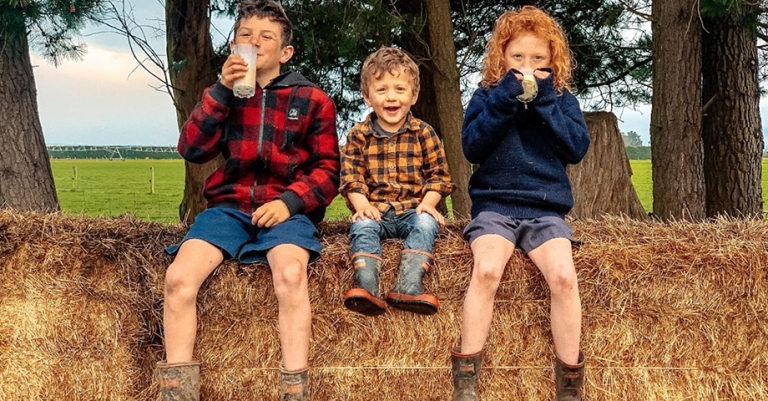
Domestic Marketing of the Dairy Industry.
This research was conducted with the purpose of understanding more deeply the current market in which we are operating and where our social licence currently sits. The major focus of our industry appears to be a focus on telling our story, which relies entirely on the truth of that story being palatable to the New Zealand public and the assumption that rural New Zealand shares the same worldview as urban New Zealand.
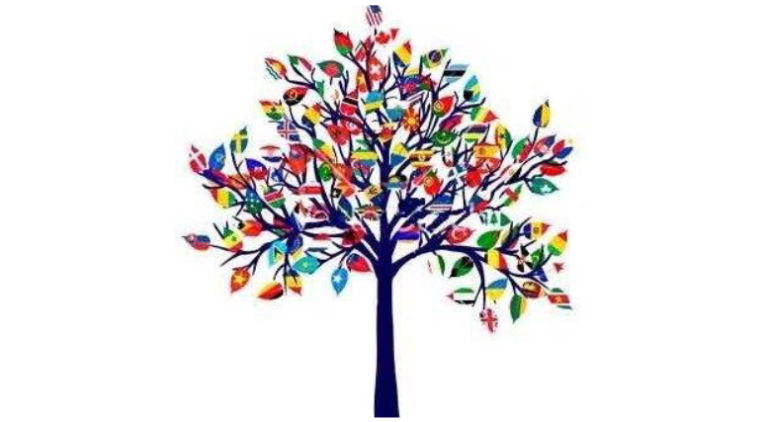
How do we successfully manage multicultural teams in the agriculture sector?
The agriculture industry has grown from early Maori, the first settlers in the 1800s through to our second largest export (pre COVID-19). Due to the growth in the industry, roles have been created that cannot be filled by New Zealanders because of a skill shortage. To solve this problem, many businesses now employ migrant staff, from all over the world, to help them run their operations.
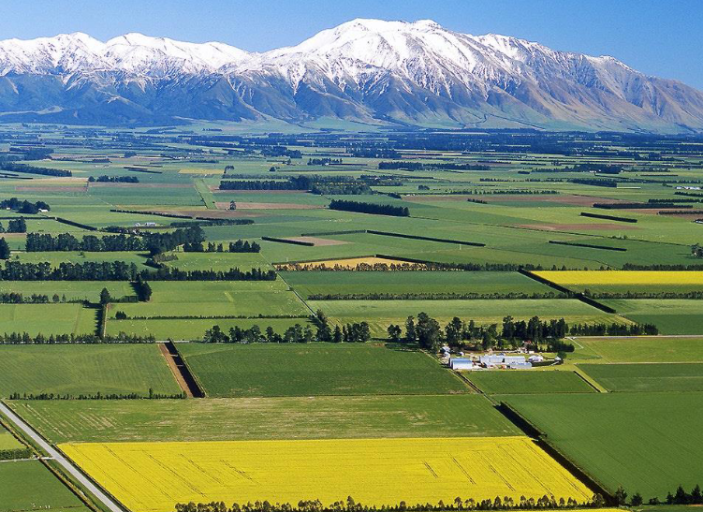
Novel pathways to farm ownership in the arable sector.
The aim of this project is to gain some insights into the realities of a person/couple in how feasible it would be for them to be able to gain a foot hold into an arable farming business. I specifically wanted to target people that were not in a position that will or may benefit from matrimony, alimony, and patrimony. Of all the people I interviewed not one example of farm ownership could be thought of that didn’t involve the three pervious terms.
The methodology used in this report was literature review into the arable sector and its current situation, this was used to quantify themes present. Using both informal interviews and my own profession I explored the key themes coming out of the industries professionals that service this sector.

Reflection on foreign direct investment in the Central South Island primary industry.
Foreign Direct Investment (FDI) into rural land is a topic that most New Zealanders have an opinion on and in the past two decades has become an increasingly controversial and emotive topic. Our economy is driven from production using our land and water resources, this is seen as our competitive advantage – so the ownership of these resources is continually under the spotlight, regularly reported on and is a frequent political issue.
New Zealand also needs to broadly recognise the direct links FDI has with supplying our nation with much needed capital, continued and new access to offshore markets, innovation, and technology. Contentiousness around FDI has been centred around the sell down of our land assets (and by default our competitive advantage), with less consideration given to the immediate and downstream benefits.
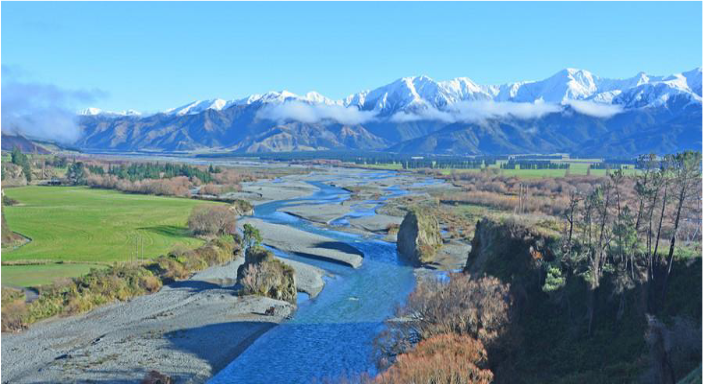
Building collaboration with farming communities and Rūnanga in the Hurunui District.
The aim of this report is to help farmers and rural professionals better understand Māori cultural values and to see how collaborative relationships can be built between farming communities and Rūnanga in the Hurunui district. There is common ground between Māori and farming because of the connection to land. The Hurunui District is covered by two Rūnanga of Ngāi Tahu. Te Rūnanga o Kaikoura, also known as Ngāti Kurī, cover north of the Hurunui River and Te Ngāi Tūahuriri Rūnanga, centred on Tuahiwi, to the South of the Hurunui River (Te Rūnanga o Ngāi Tahu 2021).

How do rural women define their success?
Recognition among our rural women and their success is a topic I don’t think is acknowledged or emphasised enough. Being able to confidently believe and recognise you make an impactful contribution to meet your values, and have a definition of your success while being content with your moral compass is essential.
The aim of this project was to talk to a cross-section of rural women and then make an informed decision about the definition of their success, and how they believe it impacts over their lives and communities.

Rural freshwater quality. What’s perception? What’s reality?
It feels in recent times public perception has been increasingly negative towards the primary Industries as a result of the water quality “showdown” between farmers, government and the general public. The urban rural divide has been perceived to be greater than ever, and social media has presented a new arena for robust debate about water quality.
However, this project discovered that…

Shaping the future of Aotearoa’s food system – a scenarios analysis.
This report seeks to draw insights from the global response to Covid-19 and evidence from actions currently underway in New Zealand’s food and fibre sector to predict the likely future scenario for the global food system in 2030. Given this likely scenario, the report will identify areas of opportunity for New Zealand to pursue to position itself to succeed in a changed future food system.
Analysis provided in this report relies heavily on a scenario mapping exercise undertaken by the World Economic Forum (WEF) in 2017 titled ‘Shaping the future of global food systems: a scenarios analysis.’
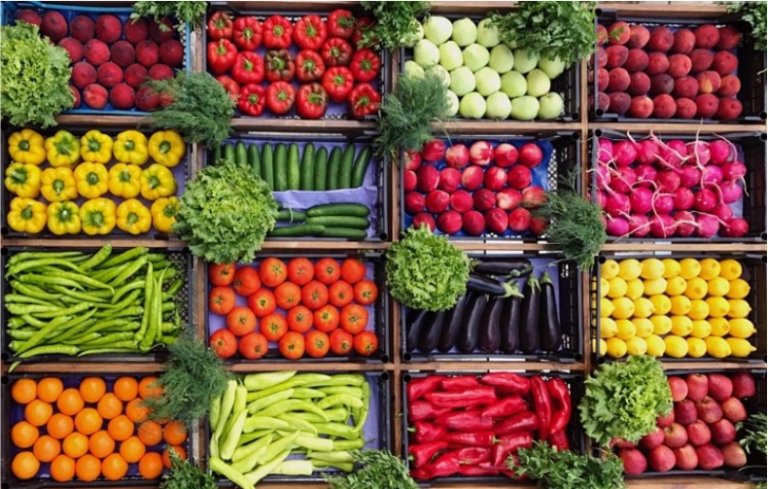
What is the future of grocery? Millennials, branding and big data.
This paper presents some significant empirical findings about generational cohorts, their grocery shopping behaviors and the implications of this for retailers. Marketing has long relied on the use of market segmentation. While birth age has been a useful way to create groups, it does not help to understand cohort motivations. Environmental events experienced during one’s coming of age create values that remain relatively unchanged throughout the life of the citizen.
This study investigates what the future of grocery is for Generation Z (Gen Z) and Generation Y (Gen Y / Millennials). We will also explore what impact Branding and Big Data have on the way Gen Y and Gen Z citizens consume.
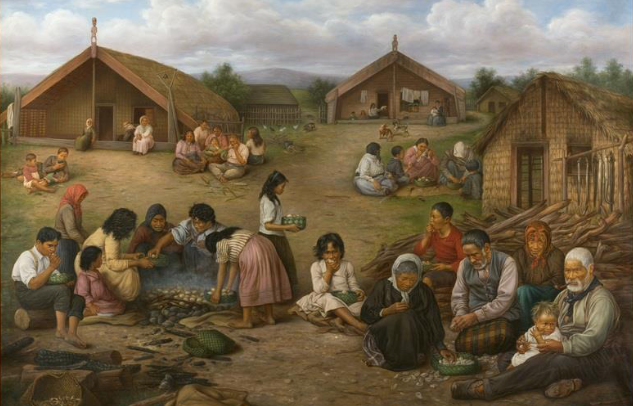
How can Waikato Maniapoto Māori landowners increase productivity whilst improving the environmental protection of their land?
This report outlines and identifies two things:
-How can Waikato Maniapoto Māori landowners increase their economic productivity from their whenua (land) and;
-How can this be achieved whilst upholding the values of Kaitiakitanga (guardianship) and Manaaki Whenua (goodwill to the land).
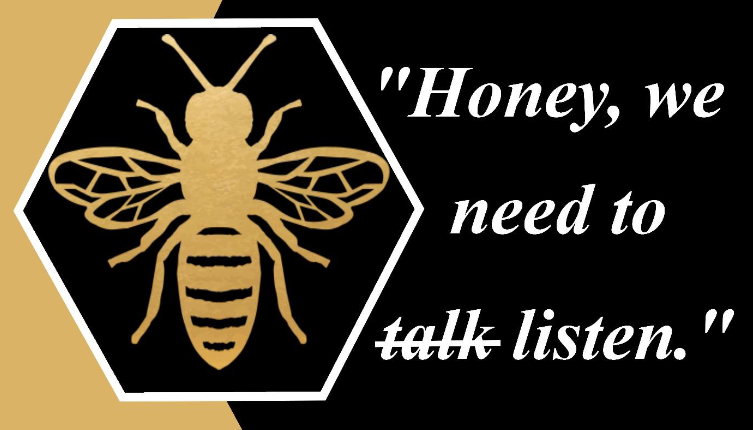
A proposed plan of action for meeting the immediate requirements and future expectations of the New Zealand honey industry.
New Zealand relies on bees to pollinate crops and pasture worth at least $5 billion annually to its economy. In 2019/20, honey export value reached $425 million. In July 2020, the Government released its Fit for a better world vision. While it did not separate the impact on the New Zealand honey industry individually, the numbers infer the industry is being tasked to add $65 million in export earnings cumulatively over the next 10 years. This task falls to the 935 export registered beekeepers (about 10% of total registered beekeepers) to supply Mānuka and/or non-Mānuka honey for export. So, how well is the industry set up to accomplish this task?
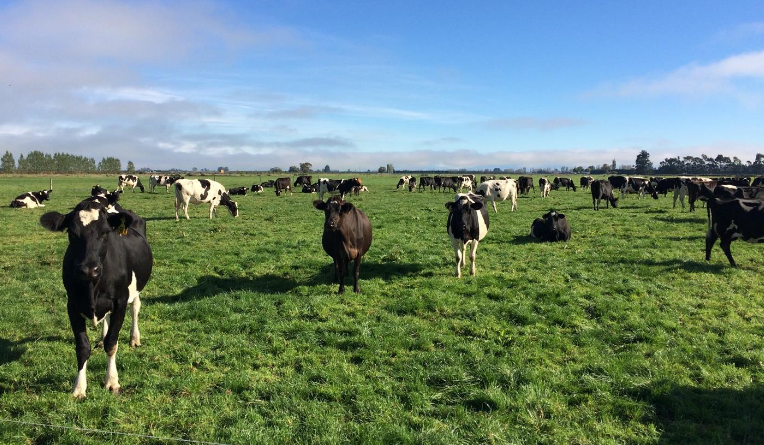
How can the NZ dairy industry design workplaces to attract the best of the next generation?
“Cows are easy, people are hard”
This research project investigated what is being done in our industry and how we can learn from industry leading employers, and out of industry leaders. The question is, “Learning from global workplace trends, how can the NZ dairy industry design workplaces to attract the best of the next generation into our workforce?”
Over the past 20 years the dairy industry has seen huge expansion, with the herd size doubling in a twenty year period. As of 2018, the NZ dairy industry workforce was made up of roughly 40,000 people with 22,500 of these being employees.
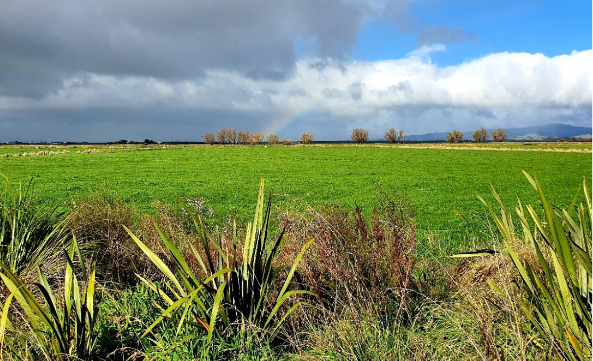
Partial land use diversification to strengthen income and business resilience.
Pressures on what is deemed the appropriate use of land to create food and fibre in New Zealand are countless and seemingly coming from multiple directions. Such pressures can have the ability to inspire change, be it willing or not.
Reactive land use diversification is not new. Land holders have changed their agricultural systems to increase financial gains or access stronger markets as the result of many external influences. Often, the notion of land use change has been referenced as a complete transition of the entire land holding. However partial diversification is already prevalent amongst New Zealand agricultural enterprises, and many rely upon multiple income sources for financial viability.
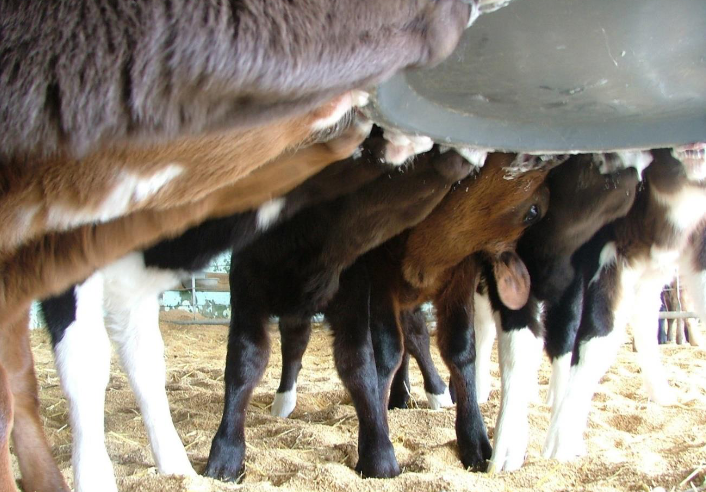
Bobby Calves – Industry benefits rather than wasteful perception.
I have conducted many interviews over the last few months throughout the bobby calf supply chain, these have been conducted in person and via “Teams” meetings over the internet. Some of the interviews have been recorded, and others who wanted to remain anonymous I only took notes. Once I had conducted all my interviews I broke down the information into common themes to ascertain what current value these calves currently contribute to our economy and was their life a life worth living? Did that life add value?
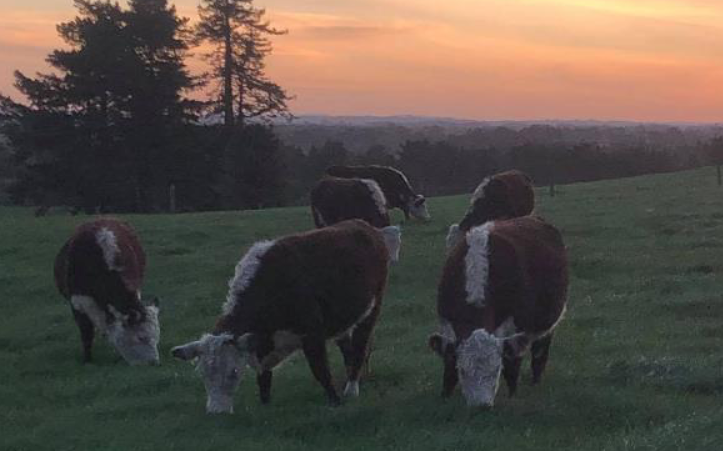
How do agri-processors engage entry level labour?
The issue of worker engagement is not a new one and as New Zealand strives to create more value from agriculture without increasing land footprint or environmental harm, value will be created from advancements in taking our world class raw ingredients through the supply chain. Therefore, the engagement of people throughout the supply chain is more important than ever. Worker engagement in this context is defined as the ability for an employer to connect with an employee so that a relationship is not purely a transactional time versus financial reward.
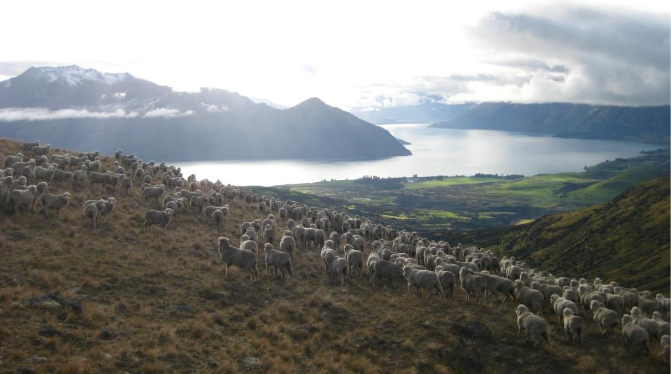
How resilient farmers thrive in the face of adversity.
The focus has been on developing a theory for how farmers become resilient and thrive in the face of adversity. I have had the privilege of interviewing five resilient New Zealand farming individuals and couples about adversity they’ve faced and how they’ve become resilient. From these interviews there have been strong commonalities across these five case study participants for how they’ve become resilient. The theoretical model developed through the grounded theory research process can best be described in the form of a three level triangle comprising three primary strategies the case study participants have employed to become more resilient.
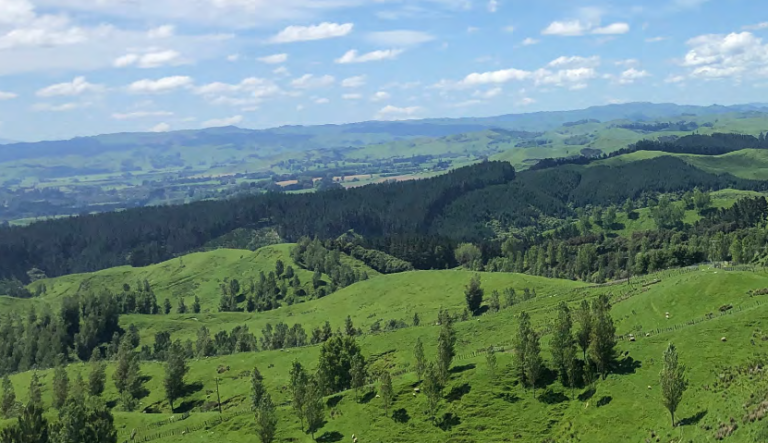
The benefits of carbon farming inclusion into pastoral farming.
The purpose of this report is to understand the ongoing factors and importance carbon farming has in New Zealand agriculture now but more so in the future. To understand the opportunities farmers have in making a more profitable business and farming more sustainably through planting trees in low productive land.
Forestry plantings are driven by farmers for many reasons. These include reducing carbon, utilising unproductive land, additional avenues of income, and helping with succession.
These opportunities are not just limited to farmers utilising land for off-setting carbon. On a larger scale the commercial sector are actively looking to off-set their main business in carbon for example Air New Zealand, Contact, Genesis & Z are in partnership, who are trying to convert on marginal productive land.
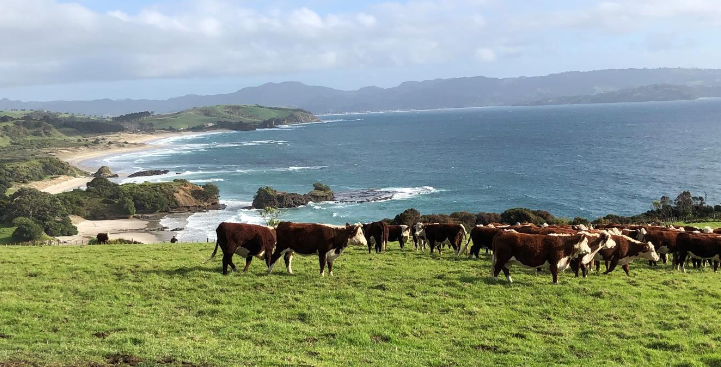
Live sensor data for environmental monitoring and improvement.
This project was intended to investigate the potential uses of remote sensor environmental data by farmers to help them improve their environmental outcomes. This could promote innovative management practices whilst making compliance easier for farmers.
The concept of ‘outcome-based’ regulation as well as environmental monitoring through sensors has been explored with some good applicable literature from case studies available to study. Several common themes emerged from this literature around benefits and risks as well as the importance of the system design.


























